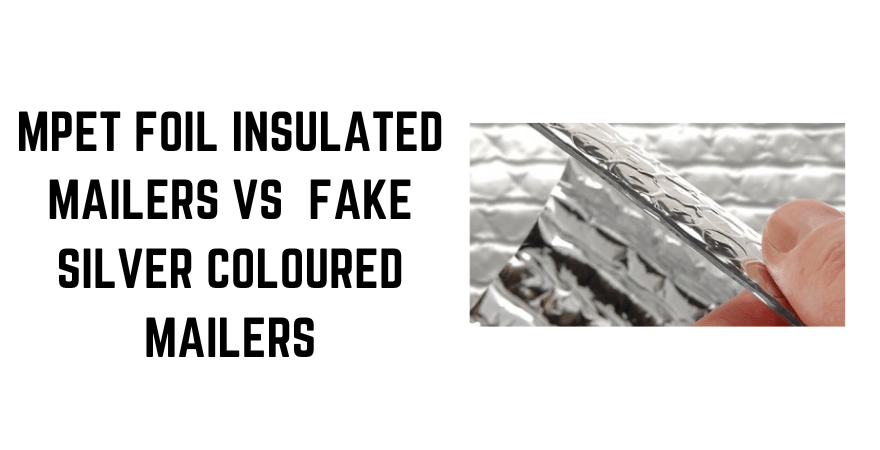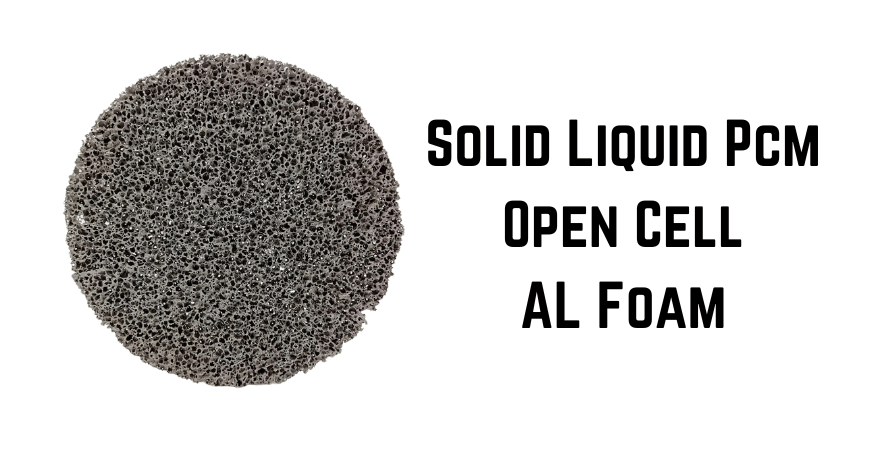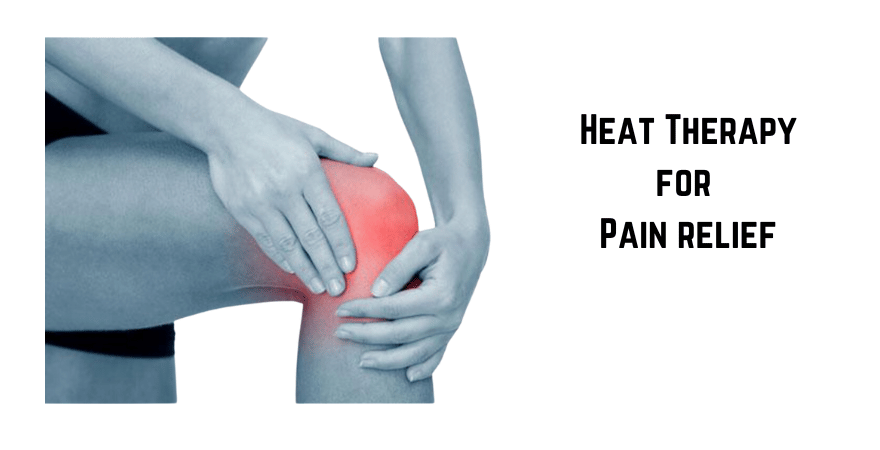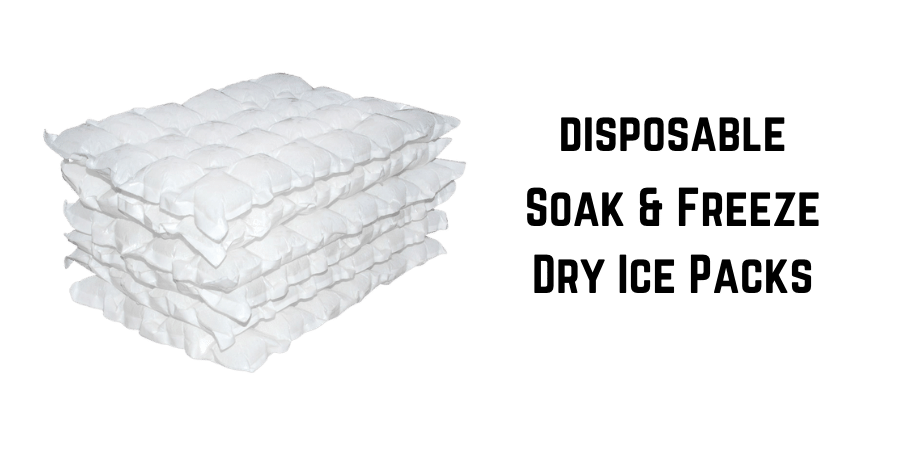Cold Chain Validation - Efficacy & Effectiveness of Temperature Sensitive Products
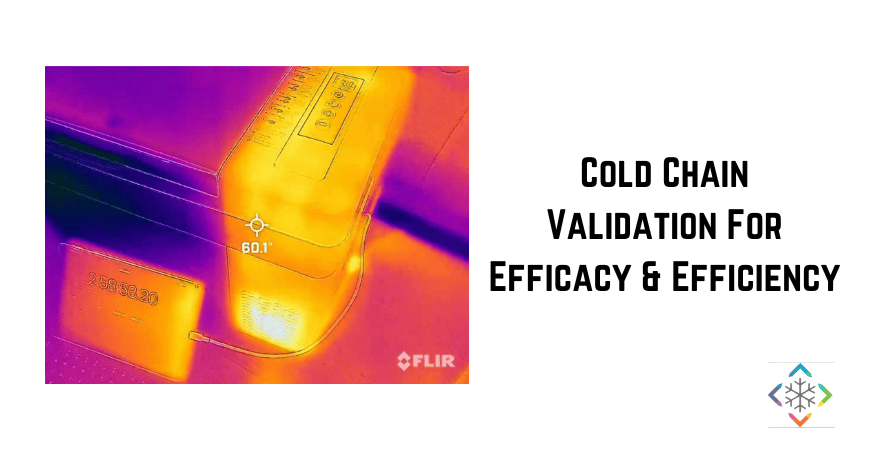
Cold chain validation is essential for safeguarding the efficacy and safety of vital medications and other temperature-sensitive goods. The recent revelation from a U.S. government inquiry, exposing a significant portion of drugs provided by physicians with unknown effectiveness levels, underscores the criticality of maintaining the integrity of the cold chain process.
There are several reasons why cold chain validation is imperative:
- Preserving Medication Efficacy: Proper storage within specified temperature ranges is paramount to uphold the effectiveness of pharmaceuticals and biotech products. Deviations from these requirements can compromise their efficacy, potentially endangering patients.
- Ensuring Product Integrity: Inadequate storage or distribution conditions can result in product degradation or contamination, posing risks to consumer health. Validating the cold chain ensures that products remain intact and uncontaminated throughout their transportation.
- Managing Liability and Reputation: Companies are liable for any harm caused by their products due to improper storage or handling. Moreover, compromised product quality can lead to a damaged reputation, impacting the company's standing in the market.
- Meeting Regulatory Standards: Regulatory bodies enforce stringent standards on the storage and transportation of pharmaceuticals and other temperature-sensitive goods. Compliance with these standards is crucial to uphold public health and safety.
Cold chain validation encompasses various measures, including:
- Continuous Temperature Monitoring: Monitoring temperature conditions throughout storage and transportation to ensure adherence to specified ranges.
- Temperature Mapping: Assessing temperature distribution within storage facilities to identify areas of concern.
- Equipment Calibration: Ensuring temperature-controlled equipment is calibrated correctly to maintain consistent temperature levels.
- Documentation and Reporting: Maintaining detailed records of temperature monitoring, equipment calibration, and validation processes to demonstrate compliance with regulatory standards.
Industry experts play a vital role in cold chain validation by providing specialised knowledge, equipment, and support to companies involved in handling temperature-sensitive products. They assist in implementing robust cold chain management systems, conducting validation studies, and addressing compliance issues.
Given the increased focus on cold chain validation, companies must prioritise compliance with regulatory standards and seek guidance from experienced professionals to ensure the integrity and safety of their products throughout the supply chain.


